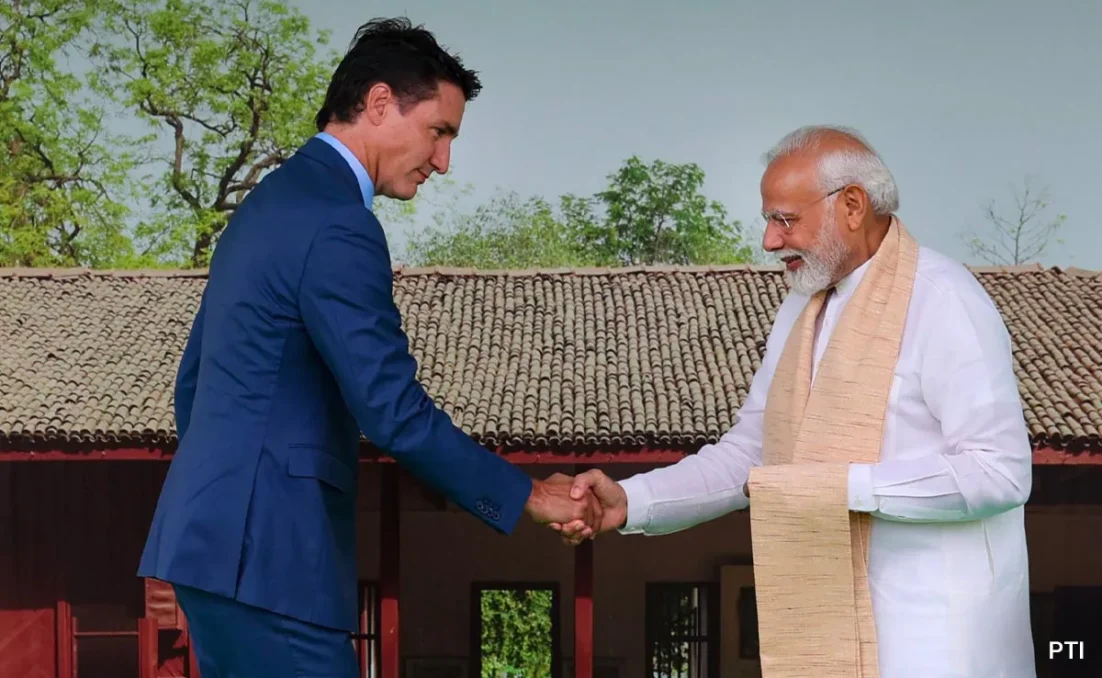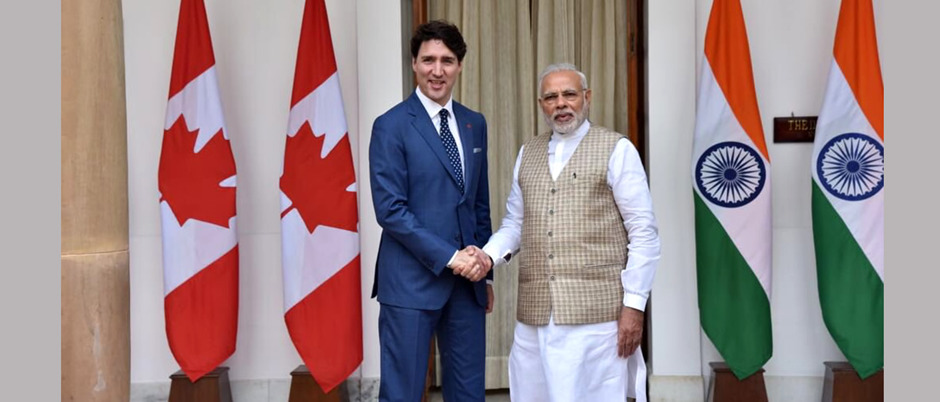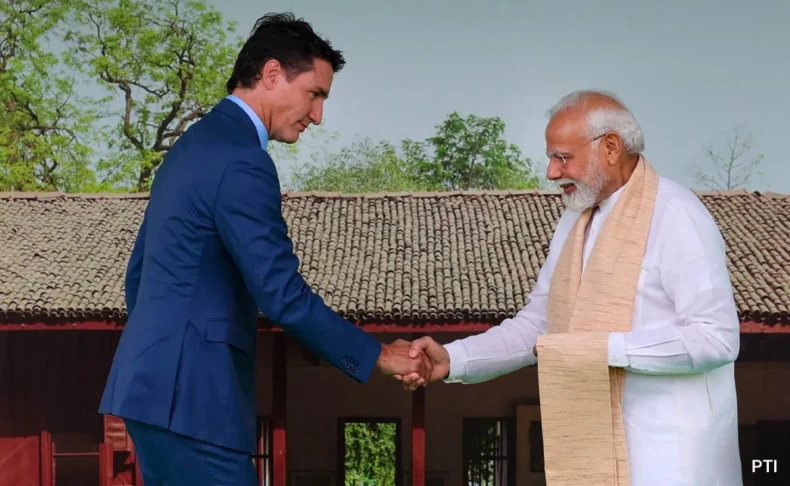Table of Contents
New Delhi: In recent days, following a stern word from Prime Minister Narendra Modi regarding the increasing secessionist activities and attacks on Indian diplomatic missions in Canada by Khalistan supporters, Canada has announced the postponement of its trade mission to India, originally scheduled for October. Both countries had previously expressed their intention to finalize an initial trade agreement within this year. However, it appears that negotiations for a bilateral free trade agreement have hit a roadblock.

The trade mission was closely linked to Canada’s Indo-Pacific strategy, with India being touted as an “ideal destination” for a Team Canada Trade Mission. Canada had previously stated, “Canada and India have a mutual interest in expanding our commercial relationship and growing people-to-people connections.”
India’s relationship with Canada, which boasts the world’s second-largest Sikh population after India itself, has faced strain due to the rise in Khalistani activities. Following a meeting between PM Modi and Mr. Trudeau on the sidelines of the G20 summit, India issued a strongly-worded statement expressing “strong concerns” about continuous “anti-India activities” by extremist elements in Canada.
Promotion of Extremist Element against Indian Diplomats.
The Ministry of External Affairs conveyed that during the meeting, PM Modi emphasized that extremist elements are actively “promoting secessionism and inciting violence” against Indian diplomats, damaging diplomatic premises, and posing threats to the Indian community in Canada and their places of worship.
The statement also pointed out, “The connections between such forces and organized crime, drug syndicates, and human trafficking should be a matter of concern for Canada as well. It is essential for the two countries to collaborate in addressing these threats.”

When asked whether Khalistani activities and “foreign interference” were discussed in the meeting, Justin Trudeau told reporters that Canada will always uphold freedom of expression, freedom of conscience, and the right to peaceful protest, emphasizing its significance. He added, “At the same time, we are always committed to preventing violence and countering hatred,” while reminding everyone that the actions of a few individuals do not represent the entire community or Canada as a whole.
Canada’s Stance on Freedom of Expression
Last year, India issued a demarche to the Canadian government, urging them to halt the so-called Khalistan referendum organized by a banned organization in Ontario. India called upon the Canadian government to take action against those promoting terror and violence against the world’s largest democracy.
The banned organization Sikhs for Justice, led by designated terrorist Gurpatwant Singh Pannun, conducted the Khalistan referendum on September 10 at a gurdwara in British Columbia, Canada.
Leading up to the G20 Summit in Delhi, the Canadian Prime Minister’s government had reportedly requested a “pause” in trade talks with India, as reported by Bloomberg, although no specific reasons were provided.
Pause in Trade Talks Between India and Canada
India and Canada initiated negotiations for a trade deal 13 years ago in 2010. After a hiatus of nearly 5 years, negotiations resumed in 2022, focusing on renegotiating a Comprehensive Economic Partnership Agreement.

Several rounds of talks have been held between the two countries regarding the trade pact. In March 2022, negotiations for an interim agreement called the Early Progress Trade Agreement (EPTA) were relaunched. Such agreements aim to significantly reduce or eliminate duties on a wide range of traded goods, along with liberalizing norms to promote trade in services and attract investments.












